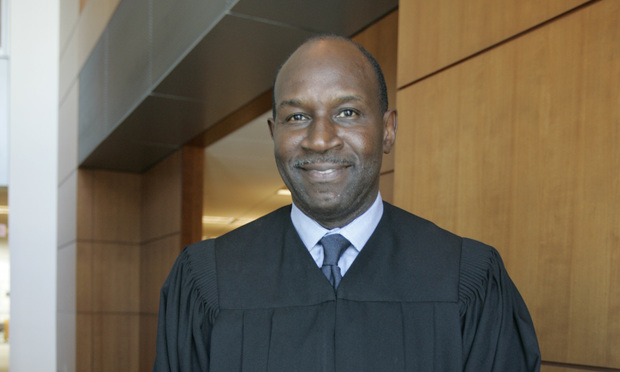SAN FRANCISCO — Over the defiance of some Bay Area law firms, a city payroll tax on law firms and other partnerships will stand, the state’s First District Court of Appeal ruled on Christmas Eve.
Proposition Q, which San Francisco voters approved with a 74 percent majority in 2008, extended the city’s 1.5 percent payroll expense tax to so-called “pass-through entities” previously exempt. A slew of firms sued the city seeking refunds in 2012. The appellate court affirmed a trial court’s dismissal of the case, rejecting arguments that Prop Q’s language was impermissibly vague.
Amy Silverstein of Silverstein & Pomerantz argued in October on behalf of Coblentz, Patch, Duffy & Bass, as well as at least seven other law firms, that Prop Q did not properly define the tax, and that the measure was not properly submitted to voters due to misprints in the ballot text.
Silverstein also protested that Prop Q imposed an illegal income tax, citing provisions in the state tax code that prohibit municipalities from taxing income of partnerships. The court, in a unanimous opinion authored by Justice Martin Jenkins, ruled that the tax should be considered a payroll tax, rather than an income tax.
The ruling means law firms will continue to fork over the payments—pending any potential appeal the plaintiffs may bring to the state Supreme Court. Coblentz, which has 45 partners in San Francisco, paid nearly $195,000 in 2009 because of the law, according to court filings. The city controller predicted the ordinance would increase annual tax revenue by approximately $10.5 million.
Silverstein also represented Hanson Bridgett; Sideman & Bancroft; Shartsis Friese; Hassard Bonnington; Pillsbury Winthrop Shaw Pittman; and Orrick, Herrington & Sutcliffe.
Contact the reporter at [email protected].



